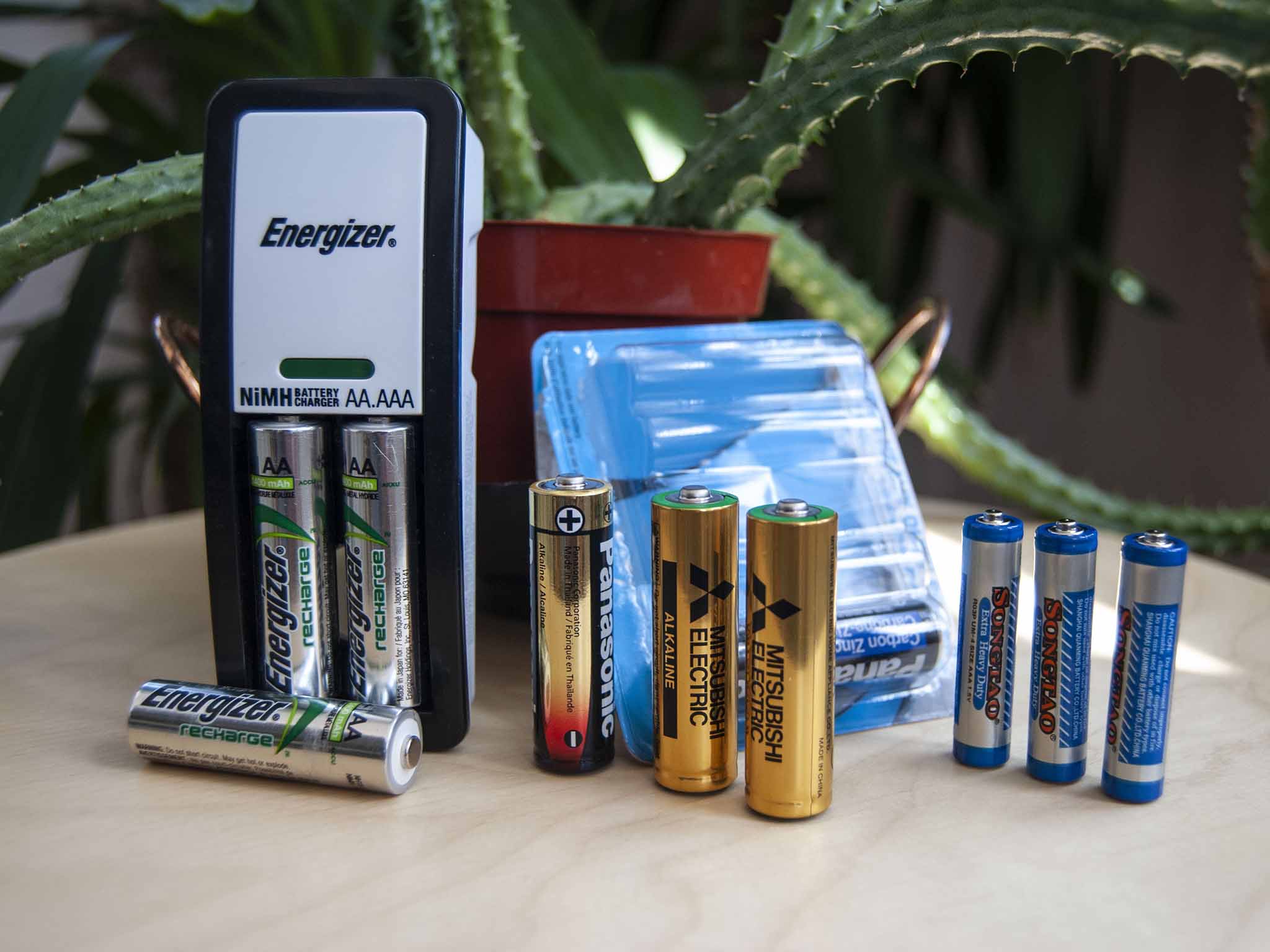
Life is just a series of decisions. And while you're trying to figure out how to lessen your destructive footprint for Earth Day and beyond, it could partly come down to the decision between rechargeable batteries and throwaway batteries. They both ultimately achieve the same goal in powering your electronic devices, though one seems to be much more environmentally friendly. We delve into the exciting world of batteries to see exactly where the two technologies differ and where they both excel.
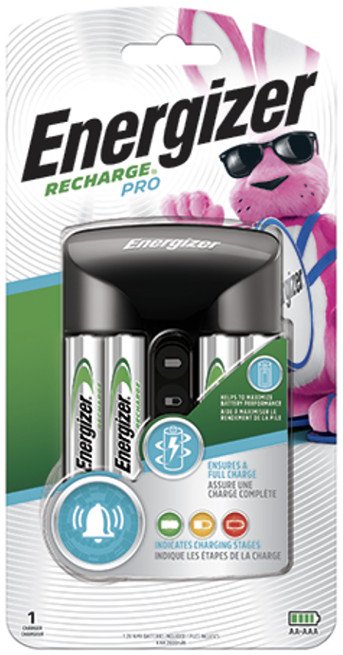
Tired of dumping money into disposable batteries and want to spend once and keep on using? These AA batteries will do the trick.
A focus on consumer batteries
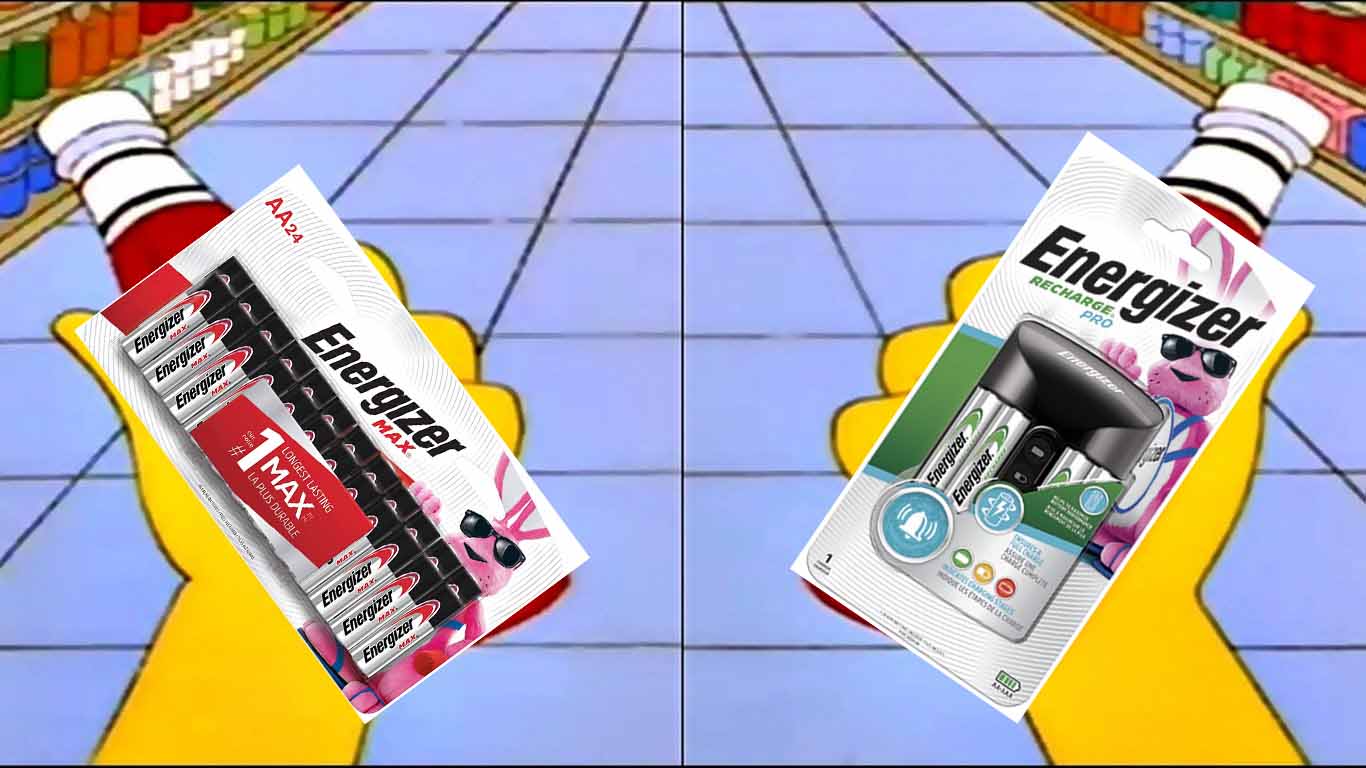
It all began in 1800s Italy when a man named Alessandro Volta created the first pile that could deliver a continuous current. Fast forward; you're standing in the supermarket checkout line trying to decide if you want to again spend just a few dollars on throwaway double AA batteries or finally take the plunge and drop a lump sum on a rechargeable AA system. It's the same dilemma for all common consumer batteries, including AA, AAA, C, and D options.
Rechargeable batteries are relatively expensive, at least to start. They require some attention in the form of not losing the part that plugs into the wall for charging. They require you to not forget which device you placed the rechargeable batteries in the first place. And they require you to have the foresight to actually charge the batteries in advance for when you need to power a device. That sounds like a lot of trouble. It's extremely tempting (I'm guilty) to once again opt for the disposable batteries, pop them in, and throw away the dead ones. But at what cost?
Comparing costs
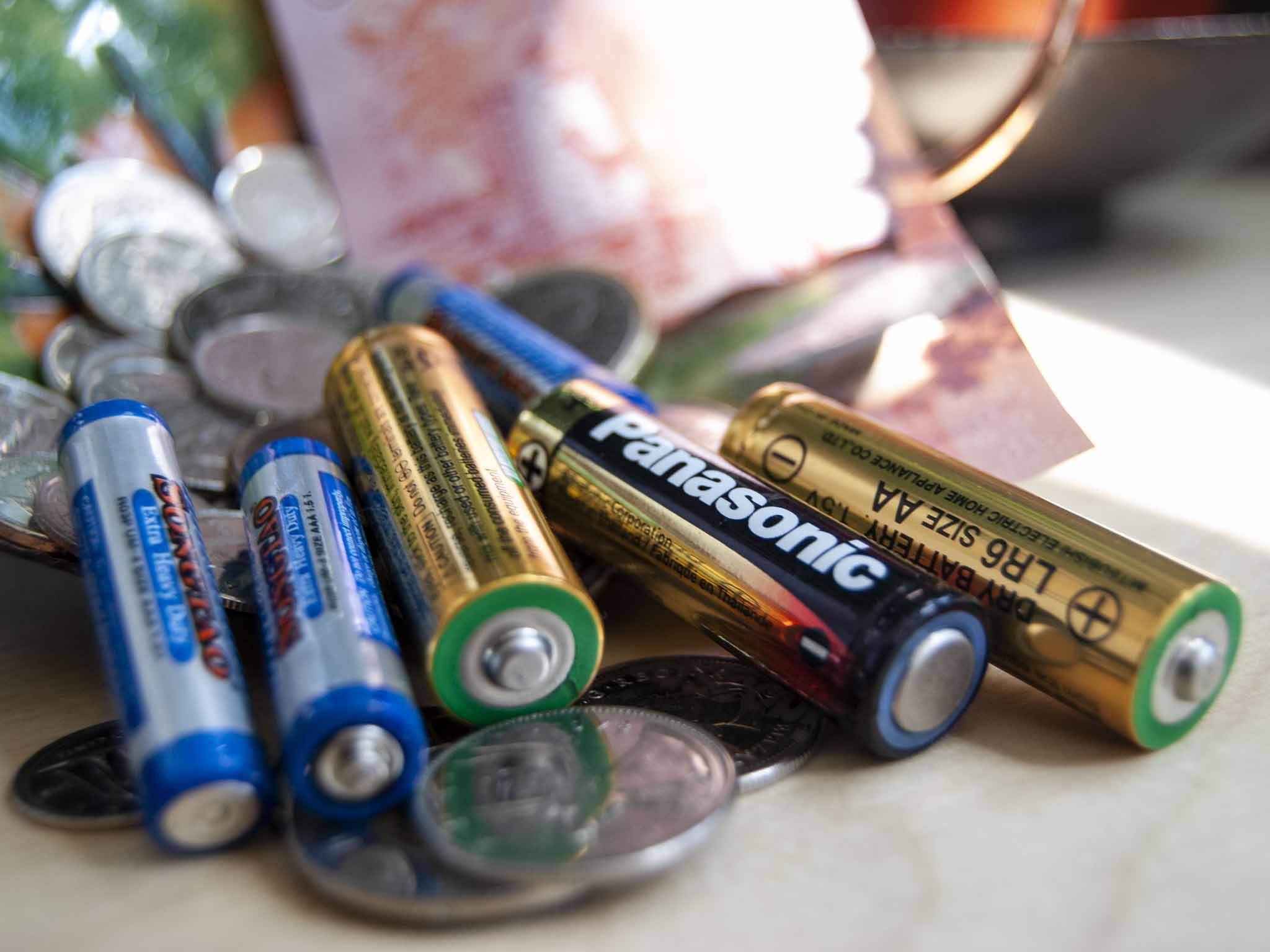
Before factoring in the environmental cost of disposable batteries, you should consider the hit that they're making on your wallet. Yes, disposable batteries are much cheaper than rechargeable batteries when looking at the initial cost. However, over the course of several years, numbers begin to pull apart.
Let's use common AA batteries as an example. They power TV remote controls, gaming controllers, flashlights, speakers, electric razors, reading lights, toothbrushes, lanterns, smoke detectors, and about 20 other things lying around your house. If you even take four high-draw items and count two batteries for each, that's eight AA batteries. Spread out the cost of buying eight batteries four times a year, and you're looking at about $19 if you're buying batteries that cost about $0.60 each (a somewhat average price). Spread that out over five years, and you're looking at about $95 total spent on disposable batteries.
Disposable batteries cost less upfront, but rechargeable batteries will save you money long-term.
That's really not a lot in relation to other common purchases, but you could be spending less in the long run if you don't mind shelling out more, to begin with. An Energizer Recharge Pro system costs about $19 and includes four NiMH rechargeable AA batteries and the charging station. Tack on four more AA rechargeables at about $10, and you're up to $29.
You have eight batteries in hand, with each one rated for up to 1,000 recharge cycles. These batteries do have a lifespan, though they're built to work for at least five years with minimal wear. That allows for 200 recharges per year under optimal conditions. Even though rechargeable batteries don't last as long on a charge as most disposable batteries, you shouldn't have to worry about recharging too many times.
Get the Windows Central Newsletter
All the latest news, reviews, and guides for Windows and Xbox diehards.
And just because they're rated for at least five years doesn't mean they won't last longer. I've been using the same four rechargeable AA batteries for the last seven years. Granted, they haven't been in constant use, but they've proven indispensable in most of my electronics around the house, especially console and VR controllers.
No mercury but still wasteful
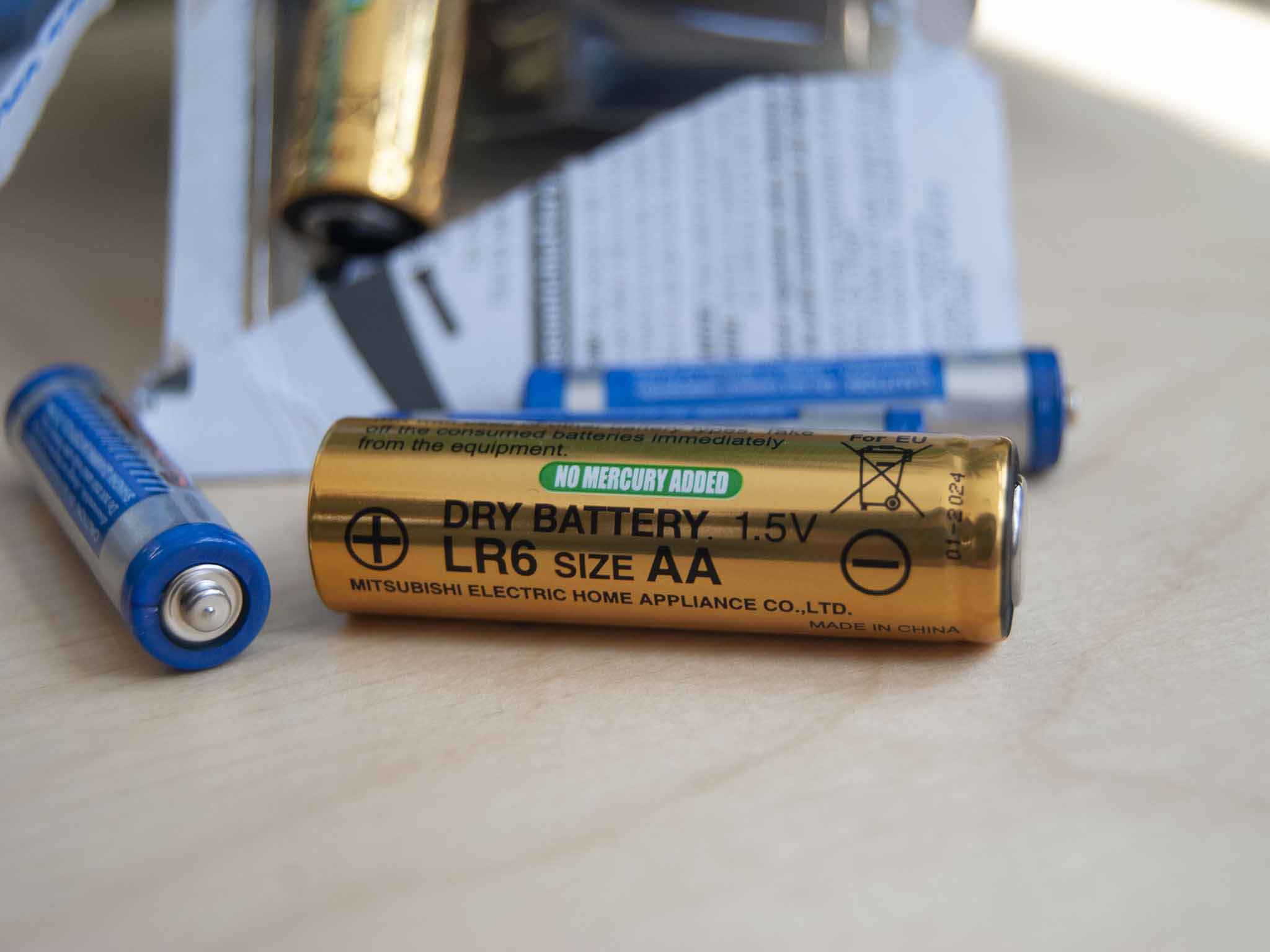
Consumer batteries used to contain mercury, a heavy element that, in large quantities, can damage the environment. Before the Mercury-Containing and Rechargeable Battery Management Act passed in 1996, a huge portion of disposable consumer batteries tossed into landfills contained mercury.
Imagine millions of mercury-filled batteries decomposing in landfills around the world. It has to go somewhere, and a lot of the time, it's going to end up in a water system. The effects are as bad as you might imagine; mercury poisoning is not something to take lightly.
But most commercial batteries no longer contain mercury, and throwing them out isn't as much of an issue. It's still frowned upon, and you should try to recycle any batteries you use. There are plenty of private companies ready to lend a hand, and you can even take them into most big electronics stores (Best Buy, for example) to have them properly recycled.
However, you still have to take into account plastic packaging, shipping, and all the ingredients that still go into producing mercury-less disposable batteries. Reducing waste in any way is incredibly important for our planet and for future generations, and every small initiative — even opting for rechargeable over disposable — helps the overall result.
When to use disposable batteries
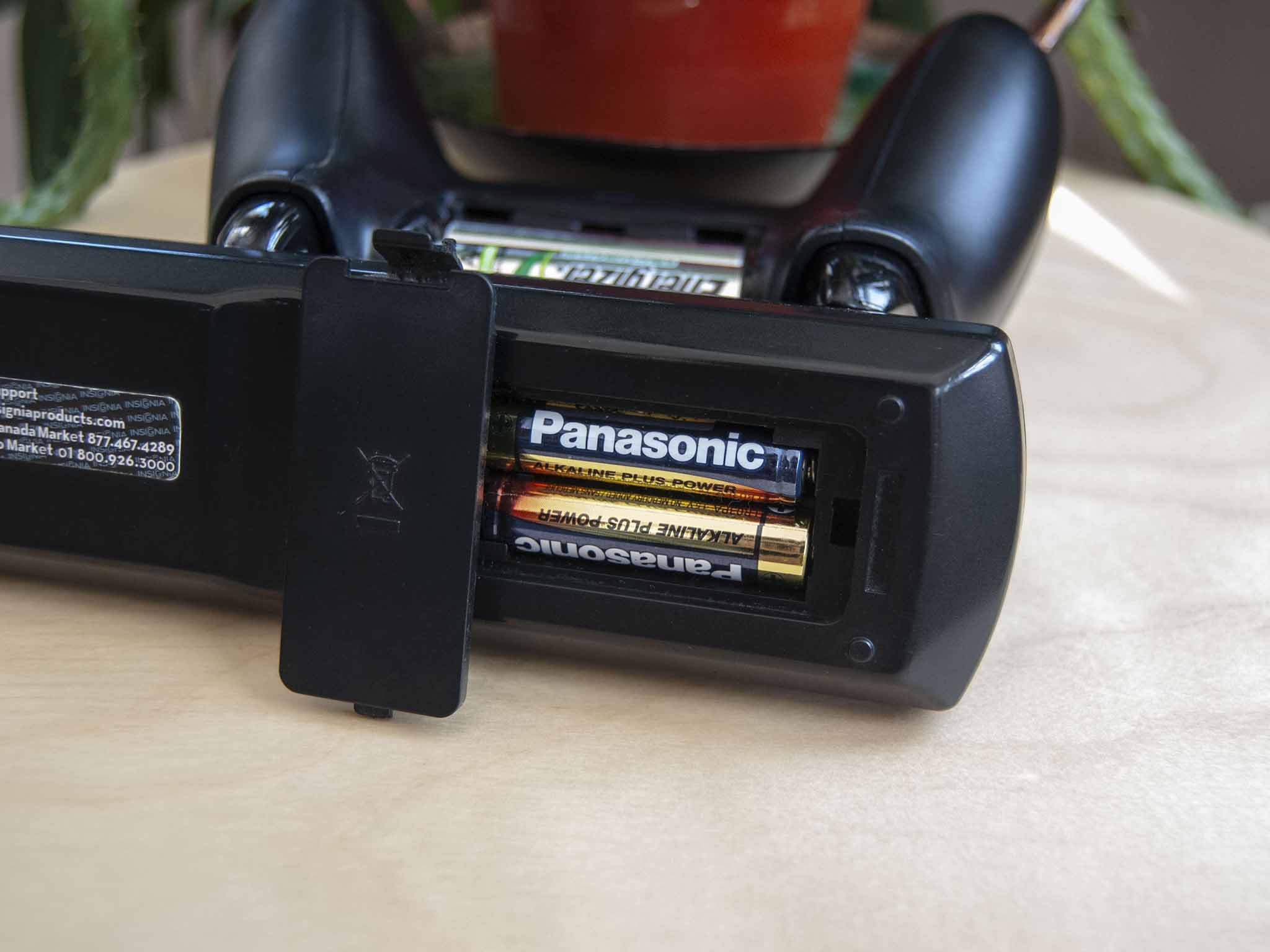
I'm not here to shame you into going out NOW and buying rechargeable batteries. There's no doubt a half-filled pack of disposables sitting somewhere in your house. I know I have one. Where to use up the rest of them before investing in a more eco-friendly, cost-effective power system?
Items that require only a small trickle of power are still perfect for disposable batteries. You can pop a couple of AAs into a smoke detector and not have to replace them for a year. The same goes for clocks, TV remotes, and anything else that doesn't need much juice.
Most electronics with a high power draw have already gone the way of rechargeable batteries. Just sitting here at my living room table, there's a laptop, wireless mouse, phone, Nintendo Switch (and its controllers), portable Bose speaker, and Bluetooth headphones in view. That's eight rechargeable batteries capable of lasting for years, recharge after recharge, within my reach.
Why not take the next step and go rechargeable with products that take consumer sizes? There are no doubt a bunch of devices sitting around your home, slowly sapping the power from the disposable batteries. Next time they need a new power source, consider spending the extra money upfront and make a small change that's big for the planet.

Tired of dumping money into disposable batteries and want to spend once and keep on using? These AA batteries will do the trick.
Embrace Earth Day with more tips to make your tech more efficient!
- Windows Central
- Introduction to our Earth Day guide
- Best eco-friendly PC accessories
- Is your RGB PC an eco nightmare?
- About those PC companies you thought were eco friendly
- Make your game console eco-friendly by disabling standby
- Rechargeable batteries vs. throwaway batteries
- Make your power-hungry gaming PC more eco
- Android Central
- Our guide to making better tech decisions in the era of climate change
- The single most eco-friendly thing you can on Earth Day is ...
- Is wireless, wired charging, or 'Fast Charging' more efficient?
- This fantastic smart plug is an Earth Day essential
- Fairphone 3 review: The most repairable phone ever
- An interview with Fairphone about making a sustainable gadget
- Best 'green' tech products and accessories
- Best eco-friendly phone accessories
- How to recycle your old phone
- What happens to a phone when you sell to a recycling company?
- 8 ways to reuse an old Android device
- How to charge a phone using solar
- iMore
- Our guide to how our technology affects the world
- All the resources that go into your favorite gadgets
- Are tech companies leading the charge for eco-friendliness?
- What is carbon neutrality?
- Best eco-friendly iPhone accessories
- Tips to easily and affordably be more eco friendly
- 7 simple ways to shrink your eco footprint
- Best smart home accessories to reduce eco impact
- About those companies you thought were eco friendly ...
- CordCutters

Cale Hunt brings to Windows Central more than eight years of experience writing about laptops, PCs, accessories, games, and beyond. If it runs Windows or in some way complements the hardware, there’s a good chance he knows about it, has written about it, or is already busy testing it.
